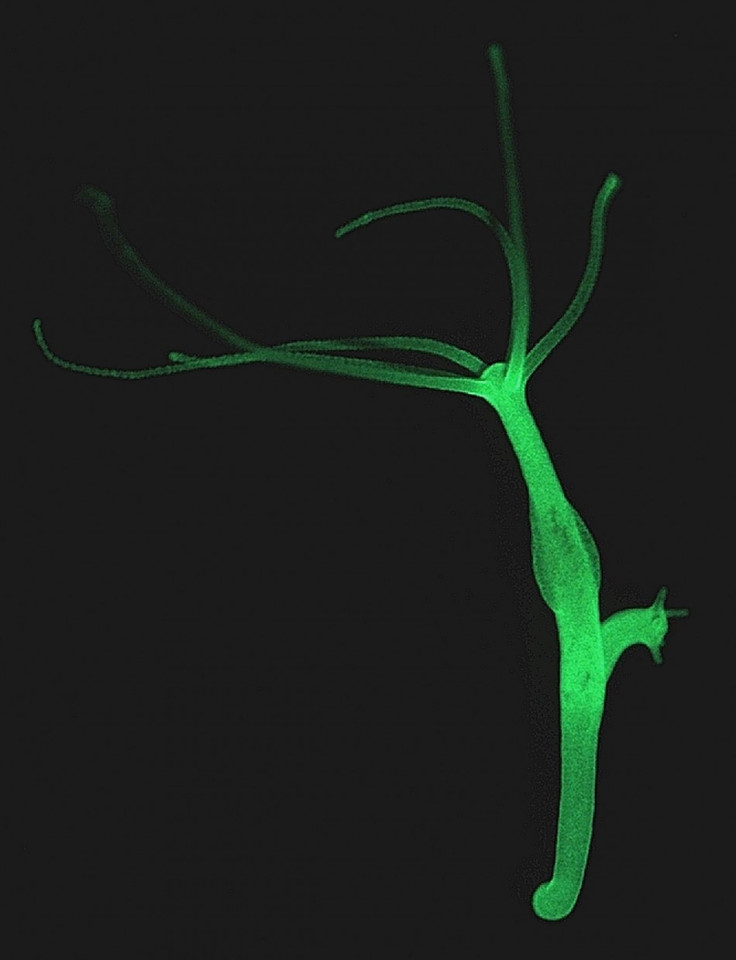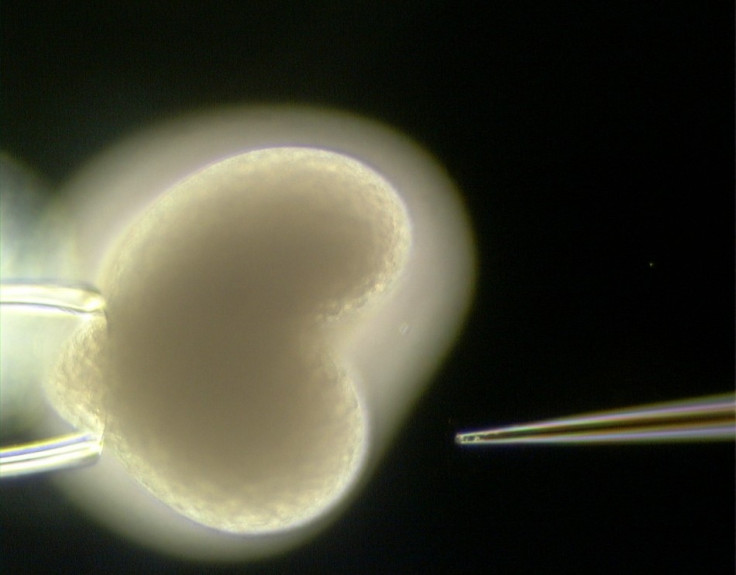Secret to Eternal Youth Discovered by Scientists in Germany?

The secret to eternal youth has long been searched for by mankind and now, finally, it may have been discovered.
Scientists in Germany have found a link between humans and an immortal freshwater animal, the polyp Hydra.
Researchers from Kiel University were looking at how the polyp Hydra is immortal but instead found a link to aging in humans.
The animal is immortal because they reproduce by budding instead of mating; meaning they contain stem cells capable of continuous proliferation.
Without these stem cells, polyp Hydra would not be able to reproduce anymore. When looking for the gene to immortality, the scientists stumbled upon the well-known FoxO gene, which has been known to exist in animals and humans for years.
When people age, their stem cells lose the ability to produce new cells, so aging tissues cannot regenerate themselves.
This can be seen in elderly people, as their muscles are affected and decline. They also tend to feel weaker because their heart muscle is affected by this process.
However, with the new research, it may be possible to manipulate the aging process so humans can feel physically stronger for much longer.

Anna-Marei Böhm, author of the study, said: "Surprisingly, our search for the gene that causes Hydra to be immortal led us to the so-called FoxO gene."
Although the genes presence is well established, it is not understood why human stem cells become inactive with increasing age, which biochemical mechanisms are involved or if FoxO plays a role in the aging process.
The team examined the FoxO gene in genetically modified polpys Hydra. They were then able to determine that animals without FoxO have significantly less stem cells.
Thomas Bosch from the Zoological Institute of Kiel University, said: "Our research group demonstrated for the first time that there is a direct link between the FoxO gene and ageing."
"FoxO has been found to be particularly active in centenarians - people older than one hundred years - which is why we believe that FoxO plays a key role in ageing - not only in Hydra but also in humans."
The scientists concluded that the FoxO gene plays an important role in the maintenance of stem cells, therefore determining the life spans of animals. It also shows that aging and longevity depend on stem cell maintenance and the maintenance functioning immune system.

© Copyright IBTimes 2025. All rights reserved.




















